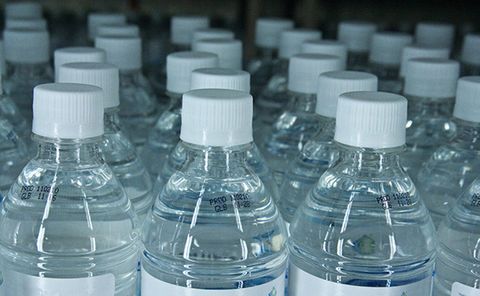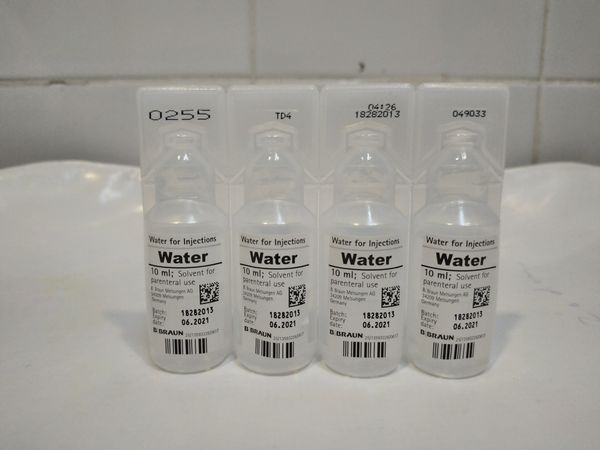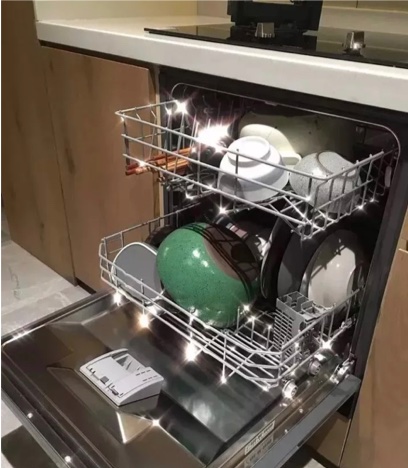It is no doubt that many have heard of distilled water or seen them in an aisle at a supermarket, but not many know what distilled water is exactly and its purpose. This leaves many wondering how different it could be from the water out of the faucet. Similar to other types of water, distilled water is not that different from the ones found in our homes. The key difference that sets distilled water apart from other water types is the process it undergoes. So, what exactly is distilled water? Thankfully, this article explains distilled water, its process, qualities, and uses.

What is Distilled Water?
Distilled water is considered the purest water that people can drink, and is essentially the result of boiling water steam that was chilled and then condensed back to liquid form. Distillation of water purifies the liquid of any impurities and is even known to remove over 99.9% of dissolved minerals found in water. This applies to all kinds of water including water from the tap, artesian wells, and natural springs, which all have a reasonably safe amount of bacteria, minerals, pesticides, and other pollutants.
Is it Safe to Drink Distilled Water?
As the purest possible type of water, distilled water is considered to be safe for drinking. Since distilled water is a kind of purified liquid, the taste may be somewhat bland or tasteless. This is due to the distillation process that removed minerals usually found in tap water like magnesium, sodium, and calcium. Since distilled water is stripped of minerals and pollutants, all that is left is oxygen and hydrogen, which have practically no taste.
Uses of Distilled Water
In situations where purity and cleanliness are essential, distilled water would be necessary, with some even requiring a custom water distiller. The following are some of the most common uses of distilled water, which all commonly require some level of proper sanitation and purity.

Disadvantages of Distilled Water
Water distillation strips everything from the liquid to its purest form, including beneficial minerals like potassium and electrolytes. Since distilled water also removes minerals needed by the body, drinking distilled water could mean passing up on some micronutrients. There are even a few studies that found a correlation between drinking distilled water lacking magnesium, calcium, and other beneficial minerals and weakness, heart disease, and muscle cramps. Furthermore, compared to other water types, distilled water may not be as hydrating.
Conclusion
Understanding distilled water may not be of major importance but can be helpful, especially for those that can benefit from knowing its uses or qualities. Much like other types of water, distilled water has many uses, which is why an informative explanation like the one above is useful in helping people know what to expect the next time they run into distilled water at a pharmacy or supermarket.












